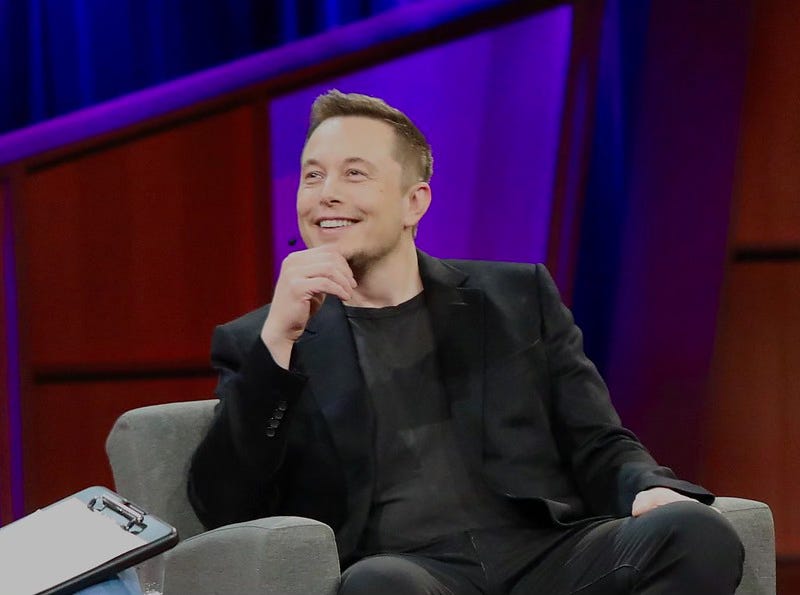Q&A: Tech Journalist Zoë Schiffer Tells the Inside Story of Elon Musk's Twitter Takeover
And why an outbreak of pornographic Taylor Swift deepfakes could be a bad sign for 2024 election disinformation on X.

Zoë Schiffer is the managing editor of the technology newsletter Platformer. She is the author of a new book: Extremely…


